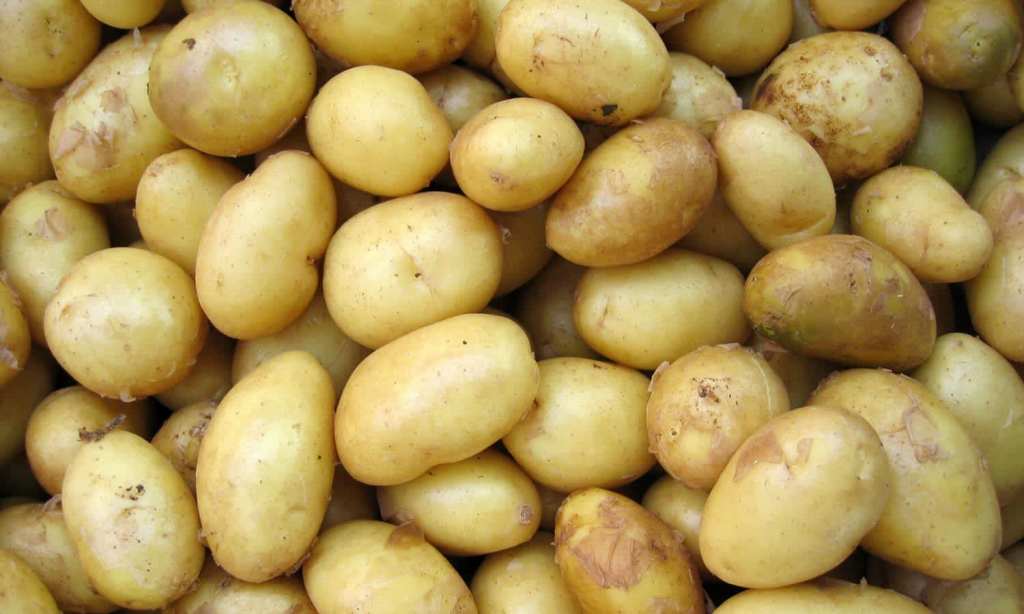Potatoes are one of the most versatile (and delicious!) vegetables around. And thanks to a little thing called resistant starch, potatoes that are cooked and then allowed to cool are actually great for your gut health.
Resistant starch is a dietary starch that basically resists digestion — hence the name — when it reaches the small intestine. According to the CSIRO, most starch we eat is quickly digested by the upper gut whereas resistant starch moves through the small intestine and travels into the large intestine.
Once it arrives here, the starch begins to break down and ferment, which in turn feeds the resident bacteria and helps support a healthy digestive system and gut. Because of the slow rate in which this starch ferments, it won’t cause pain or gas that is common with FODMAP foods that rapidly ferment and can cause pain for those with IBS, according to Monash University.
Why is resistant starch important for your health?
As the resistant starch ferments in the intestine, it feeds the good bacteria which helps to create more of these guys and less bad bacteria in the gut. This fermentation encourages the production of butyrate — short-chain fatty acids that the CSIRO describes as a “major bacterial metabolite fundamental for keeping the gut healthy and functioning normally.”
Butyrate helps to line the gut and help keep the integrity of the gut wall while also keeping your colon healthy. Resistant starch reduces the pH level in the colon, which reduces inflammation and can lower the risk of developing colorectal cancer, as well as a number of digestive disorders, as per Healthline.
Because resistant starch creates a healthy environment in your gut, this can also have flow-on effects elsewhere. Research conducted on rats found that butyric acid can increase the contractility of the gut, helping to move stools through your systems. So, you can also consume foods rich in resistant starch as a preventative measure for constipation.
What do potatoes have to do with resistant starch?
Resistant starch can be found in many different types of foods but one of the richest sources is potatoes. Specifically, potatoes that have been cooked then cooled and eaten. This process is called starch retrogradation, says Healthline.
When you cook potatoes, the original starches lose their structure in the process but once the taters are cooled, a new structure forms. One study from 1992 found that cooling cooked potatoes overnight caused the amount of resistant starch to triple.
You don’t have to eat the cooled potatoes cold either, you can reheat them which can actually increase the amount of starch, with a study from 2015 finding that resistant starch remains higher after reheating foods that were previously cooled down.
So, for example, you could boil a few potatoes, let them cool overnight and fry them up in a fry pan the next day. Or, make a batch of mashed potato, let it cool overnight and reheat for lunch or dinner. Whatever way you want to consume your cooked and cooled potatoes is up to you.
Other sources of resistant starch include legumes such as lentils, chickpeas and red kidney beans as well as cashews, oats, cooked and cooled rice and green bananas (yep, you have to eat them before they’re fully ripe to reap the starchy benefits).
Green bananas and oats both lose some of their resistant starch when they’re cooked so try to eat these as they are, says Johns Hopkins Medicine. When it comes to oats, soaking them to create overnight oats is a great way to consume them sans cooking.







